America was founded on freedom and liberty. Eventually we found out that did not mean freedom for me, and probably not for you either. We have also discovered that when corporations sell proprietary software it prevents your access to features and compromises your privacy. So, continuing to build the future on a proprietary foundation, without total access to the inner workings {source code}... we can be held hostage at anytime to a myriad of conditions that we have no control over.
Building on proprietary solutions also means you will be excluding many of the people that need to benefit from it the most, whether intentionally or not. The people that need freedom are mostly hindered by obstacles that we can remove. Most are hindered by the lack of education about computer use and lack of money to buy the newest devices that are necessary to experience the internet. Out of 7.125 billion, 1.9 billion people have smartphones. This consumer revolution is prompting families existing on low wages to make hard choices about their lifestyles and great sacrifices to purchase an internet device such as a smartphone. How will they pay for the connectivity? Should we all be working on a free solution to this global issue?
The values identified by the Free Software Movement exemplify the values needed in a society that offers justice to all, society needs to offer access to justice for all too.
A program is free software if the program's users have the four essential freedoms:
- Freedom 0: The freedom to run the program as you wish, for any purpose.
- Freedom 1: The freedom to study how the program works, and change it so it does your computing as you wish. Access to the source code is a precondition for this.
- Freedom 2: The freedom to redistribute copies so you can help your neighbor.
- Freedom 3: The freedom to distribute copies of your modified versions to others. By doing this you can give the whole community a chance to benefit from your changes. Access to the source code is a precondition for this.
You can relate this to a person by changing a few of the words:
A person is free if they have the four essential freedoms:
- Freedom 0: The freedom to live as you wish, for any purpose.
- Freedom 1: The freedom to study what and how you wish. Access to education is a precondition for this.
- Freedom 2: The freedom to redistribute studies or ideas so you can help your neighbor.
- Freedom 3: The freedom to distribute copies of modified studies or ideas to others. By doing this you can give your whole community a chance to benefit from your experiences. Access to the education to formulate and understand ideas is a precondition for this.
So, how does this affect my daily life? After several years in the Drupal community, the free scholar in me got really tired of hearing developers that are excited about some proprietary solutions that happen to work with Drupal. Some of these solutions are being touted as the way to go in the future. I believe that our community has no shortage of genius, creative minds, and brilliant ideas. I encourage us all to think deeply about the tools we use and how they impact our personal liberties and how we can create comfortable jobs for ourselves.
For those of us that are developers, learning to explain the philosophy of free software as opposed to open source is key to autonomy, privacy, and human rights. Framing the conversation is key to the message getting to the people that need to hear it. When people are choosing convenience over privacy, it is hard to frame an argument for free software that asks us to be involved by contributing our ideas. To me, it seemed necessary to involve the people with the best future vision, that have already expounded on these theoretical scenarios around privacy concerns that have become a reality.
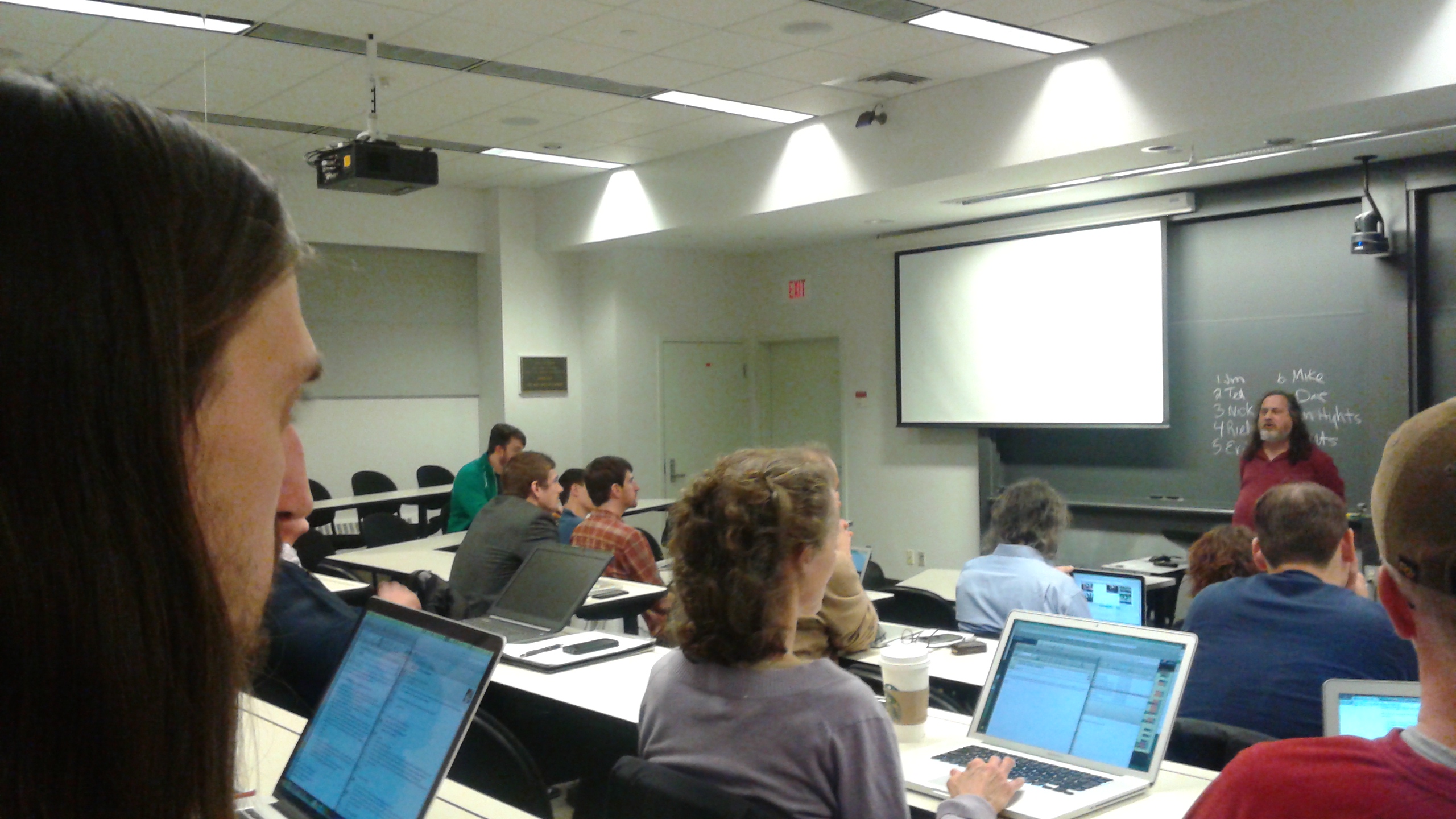
In May of 2015, I invited Richard M. Stallman (RMS) to the monthly Drupal meetup at MIT. I wanted him to meet some of the developers from the Boston Drupal community and experience how we work together on sharing knowledge and working on projects that are dear to our hearts, helpful to our communities, and good for society and cooperation. He gave a short lightning talk about free software and hardware followed by a Q and A. Many of us got a better understanding of what the free software movement is and how we can be a part of the educational outreach for the Free Software Foundation (FSF) to raise awareness and adoption. You can find most of the educational materials you will need on the FSF.org website.
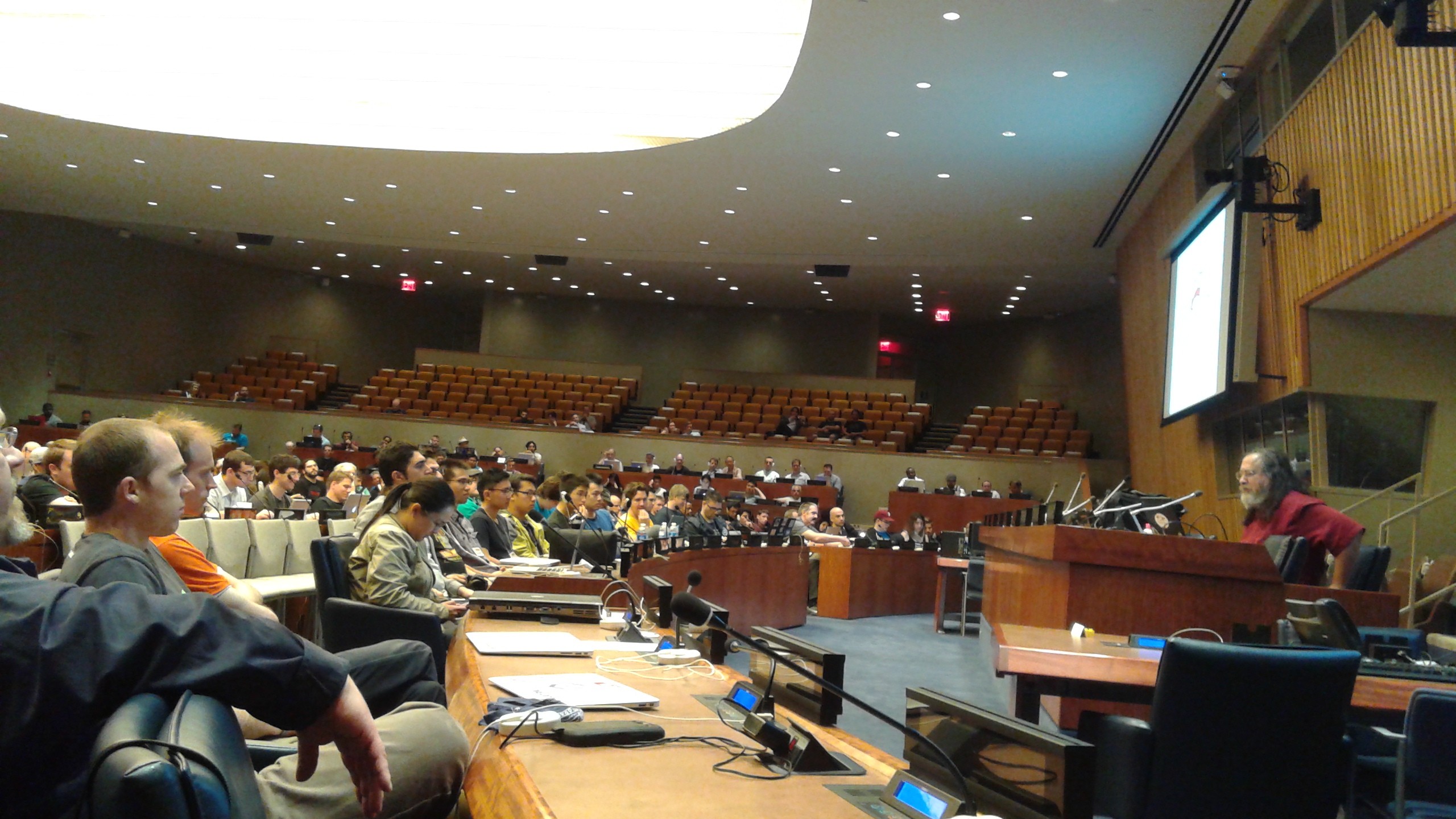
Next, I invited RMS to NYCcamp. On Saturday July 18th, he gave the keynote speech to a large group, mostly web developers, at the United Nations. Later, he connected with the Aegir team to discuss web hosting platforms and free server tools, which led to a larger group convening at the Aegir Strategy Session with the Aegir team lead, Chris Gervais and RMS. They led an engaging round table discussion with about 30 people actively talking about the future of free tools for hosting and managing websites.
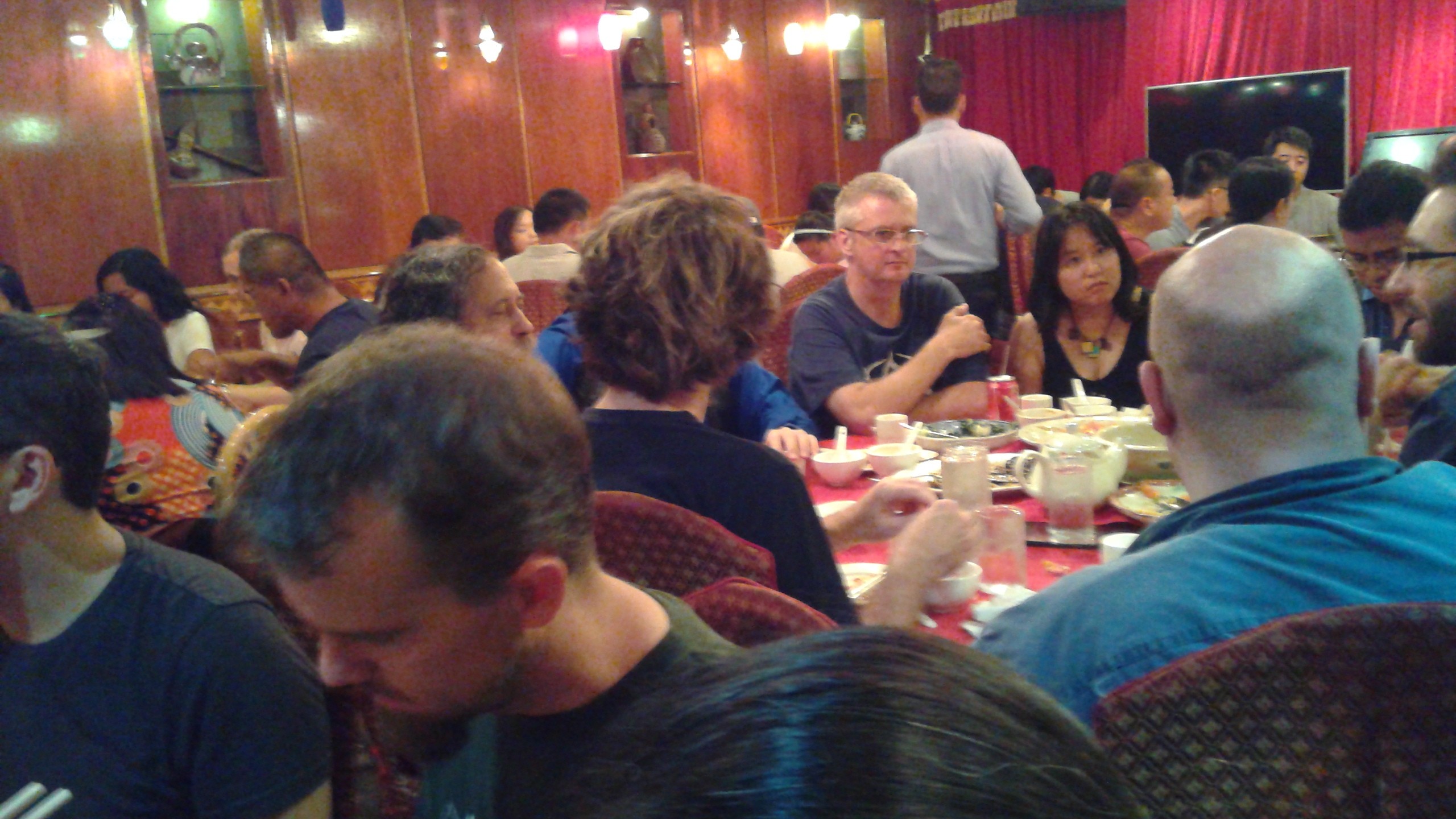
Eighteen people joined RMS for dinner and informal conversation in NYC at Congee Village. I love Drupal almost as much as I love food and freedom.
These group experiences had an affect on the community and I have since heard from several developers on how much they really enjoyed meeting RMS and knowing more about the ways free software affects our lives and our communities. One person commented "I thought RMS would be a jerk, like Linus, but he is really humble and kind when you talk to him in person."
A lot of people ask me if I work for the Free Software Foundation and my response is - no, I am a worker-owner with Agaric and we do web development using free software, but on the issues of freedom, I really work for you and me. Together, we are the mothers and fathers of our own freedoms, or not. The choice is ours to make.
What an excellent time! Your voice and thoughts are needed. Our society is only as free as the tenets on which it is built upon.
Let's free our future with free software as the
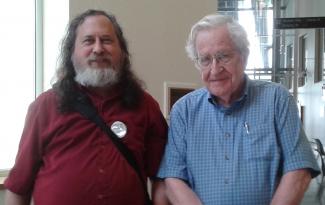

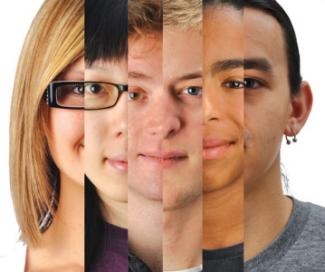
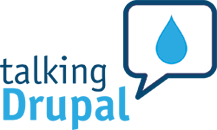
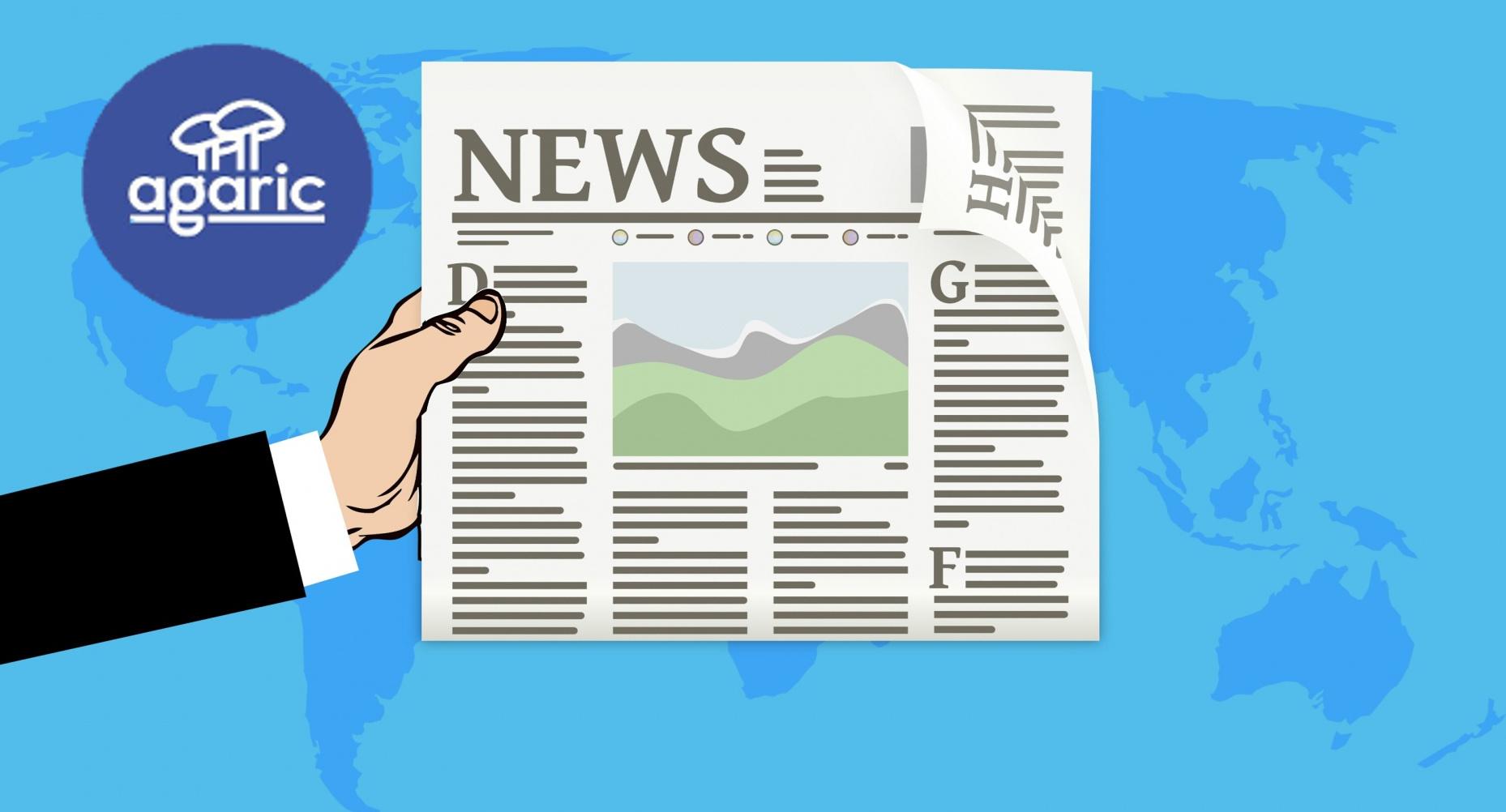
Comments
Add new comment